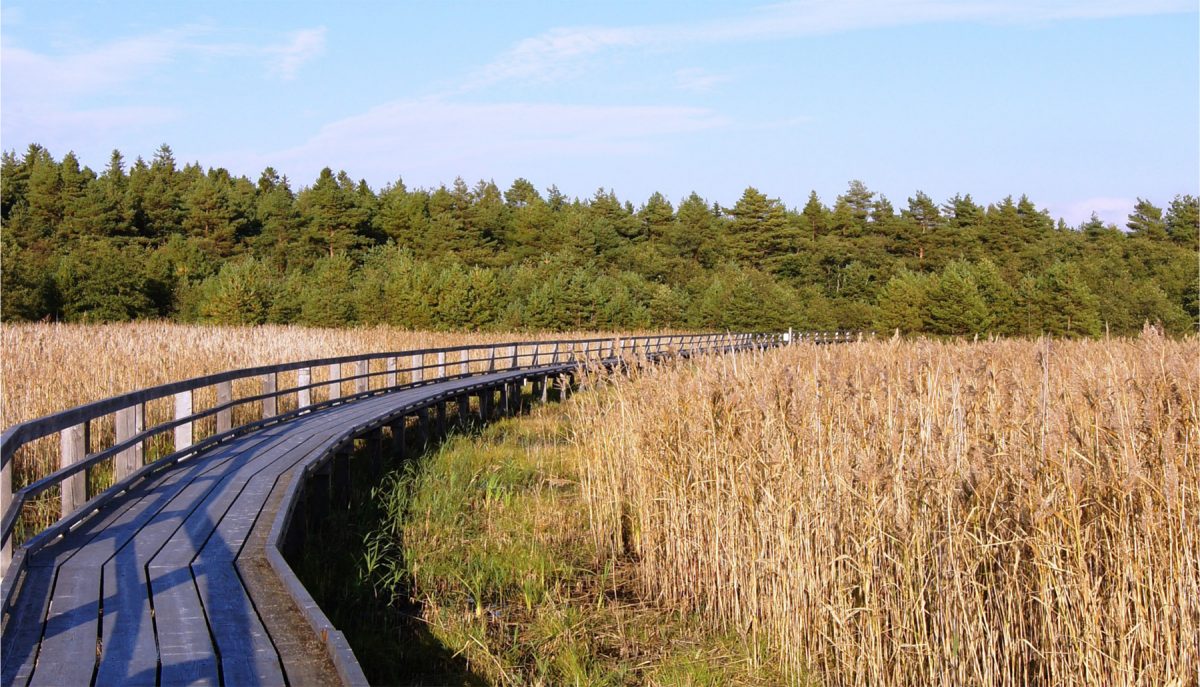
On the first lecture of a course called Theories of rehabilitation, our lecturer asked us a tricky question: “would you like to write an article in pairs and publish it together?”. After a few minutes silence we surprised the lecturer by answering why not! I think none of us really realised, what we had to face – not even the lecturer. It seemed to be interesting to get acquainted with a topic that interests us individually, to achieve a deeper insight and at the same time learn something about academic writing skills.
What did we actually learn?
Academic writing was new to all of us. As a future-specialists in the field of rehabilitation, we need to be able to write articles and produce academic papers. By getting feedback from lecturer and peer students we could improve the context and writings. By giving feedback for the others we also learned to check and read our own text with different attitude.
Cooperation skills are needed in every field of working – within and across the professional sectors. In our group we have people living in different countries and face-to-face meetings were not possible for everyone. That challenged us to find new ways of communication and utilise better emails, sharepoint, skype etc.
Implementing a master level course by writing an article
This task taught us to read and summarize articles – search for proper papers and from a huge amount of material gather the most important information and write it in a short and readable form. Cooperation supported each other to work better. By writing a scientific article with another student taught us to discover our own styles. There are many ways of writing and implementing a writing process and it is important to know one’s own style. We learned also each other’s styles and ways of working, which helps us to work with different type of people in the future. Specialists need to be able to cooperate in different situations and with different persons.
What was it like?
Writing an article in scientific style was very demanding and time consuming, but not too difficult and nothing ever comes for free. It was a challenge to work with a person you did not know too well and to combine the different ways of working. But that all made us learn new master level skills and understand learning and writing better. We found out that it was a good way of implementing one of our courses. We got deeper insight of own topics and expanded our knowledge by peer reviewing articles written by others as well. We have different occupations, different perspectives, different backgrounds and by writing articles in pairs we could really utilise our strengths and differences.
Could we have learned more or better about theories of rehabilitation by traditional way of studying master level courses? We can’t say. At least we learned a lot of things we wouldn’t have learned otherwise – and all these things are very important when acting as a specialist in social and health care sector.
Hopefully health care professionals and students will find the publication and it gives some extra knowledge for them too! The publication is found here: http://urn.fi/URN:NBN:fi-fe2019112043233
Taina Jyräkoski, a student in Master’s degree program of rehabilitation (with the help of other article writers)